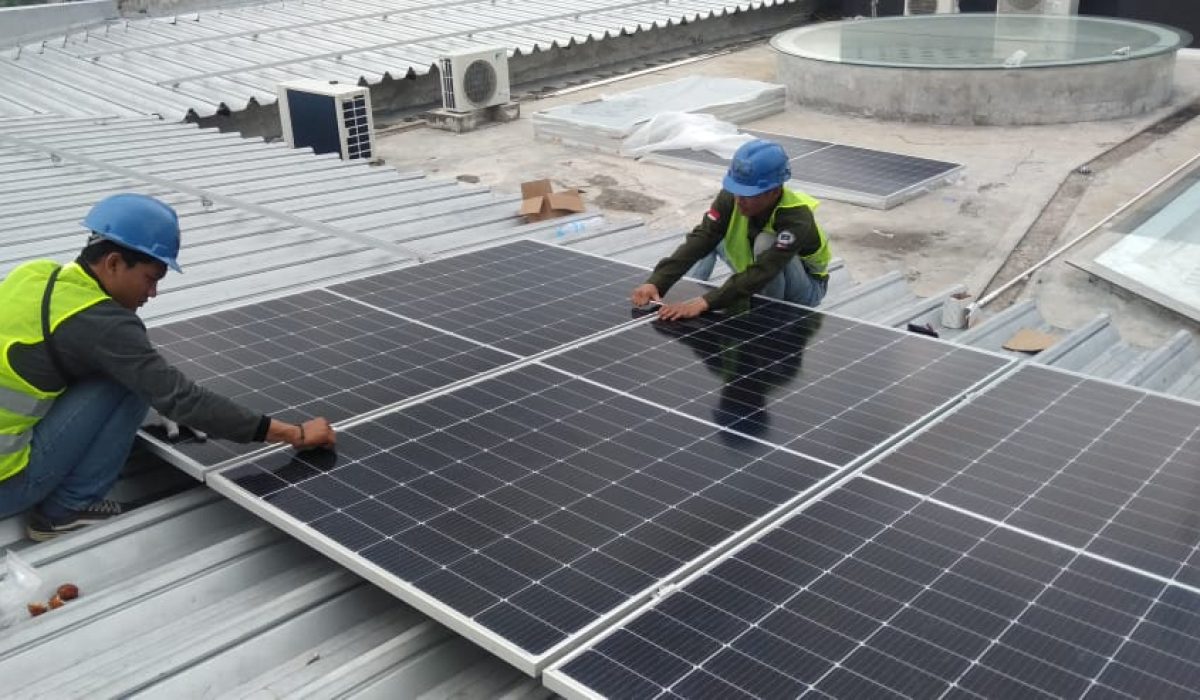Understanding Solar Power Storage Battery
A solar power storage battery, also known as a solar battery, is a rechargeable type of battery that stores energy from the sun for use in homes and businesses. Solar batteries are also used for standalone applications, such as in electric cars. They consist of several cells connected in series and arranged to allow for maximum sunlight absorption.
Solar batteries are designed to charge when connected in series with the home electrical grid and discharge when connected in parallel. This prevents overcharging and undercharging the battery. Solar batteries can also be used for grid-connected applications or for standalone lighting, water pumping, building heating, or hot water systems.
A solar power generator battery consists of several different components. A solar panel converts sunlight into electricity and then sends it into the battery. The battery stores the electricity until it is needed, such as to power a device or charge a phone. When there is not enough sunlight to meet demand, grid-connected solar storage batteries can be charged by connecting them to the grid through an inverter.
A solar battery generator is a device that stores the electricity generated by solar panels and releases it back into the grid. It has been designed to store power without requiring an inverter or other complex equipment. This technology will provide a better way to store power and use it when needed.
Choosing the Right Solar Energy Storage System
Solar energy is a renewable and sustainable source of energy. The sun is the primary power generator because it is always available and always shining. Solar panels are used to generate power for home, business, farms, and other commercial buildings. Solar panels are becoming more affordable due to the decrease in raw material costs and production costs.
Solar energy is the most efficient way to convert sunlight into electricity. Solar cells consist of two layers of semiconductor material with a light-sensitive layer between them, where photons from the sun are absorbed and produce an electric current.
In addition to converting solar energy into a sustainable resource that can be used on-site, solar power generators can also help reduce pollution and dependency on fossil fuels. In the future, solar power generators may even be able to power transportation and residential buildings, with the average solar power generator capable of producing up to 20% of national electricity.
Some people, such as those living in rural areas or off-grid communities, may also want to generate their own electricity because they do not want to rely on utility companies that may not serve them since they moved to the area. By doing so, they also generate their own power.
The cost of solar panels depends on the size and location of the system. Higher prices are paid for panels in areas with higher fuel costs, such as coal or natural gas, but lower prices are paid in areas with lower fuel costs because it is possible to use renewable resources such as wind or geothermal power.
Choosing the Right Solar Energy Storage System
When choosing a solar energy storage system, it is important to consider factors such as the capacity of the battery, the cost, the warranty, and the compatibility with your existing solar panels. Here are some tips to help you make the right choice:
Determine your energy needs – calculate how much energy you use each day and how much of that you want to generate from your solar panels.
Consider the battery capacity – make sure the capacity of the battery is sufficient to store the energy you generate.
Look for a reputable manufacturer – choose a manufacturer with a good reputation for producing reliable and high-quality batteries.
Check the warranty – make sure the warranty covers the expected life of the battery and that it is backed by a reputable company.
Consider compatibility – ensure that the storage system you choose is compatible with your existing solar panels and inverter.
Compare prices – compare the prices of different storage systems to find the one that offers the best value for your budget.
Conclusion
Solar energy storage systems are an essential component of any solar power system. They allow you to store the energy generated by your solar panels for use at a later time, reducing your reliance on the grid and providing backup power in case of outages.
By choosing the right storage system for your needs, you can maximize the benefits of solar energy and help create a cleaner, more sustainable future.
By choosing the right storage system for your needs, you can maximize the benefits of solar energy and help create a cleaner, more sustainable future.


